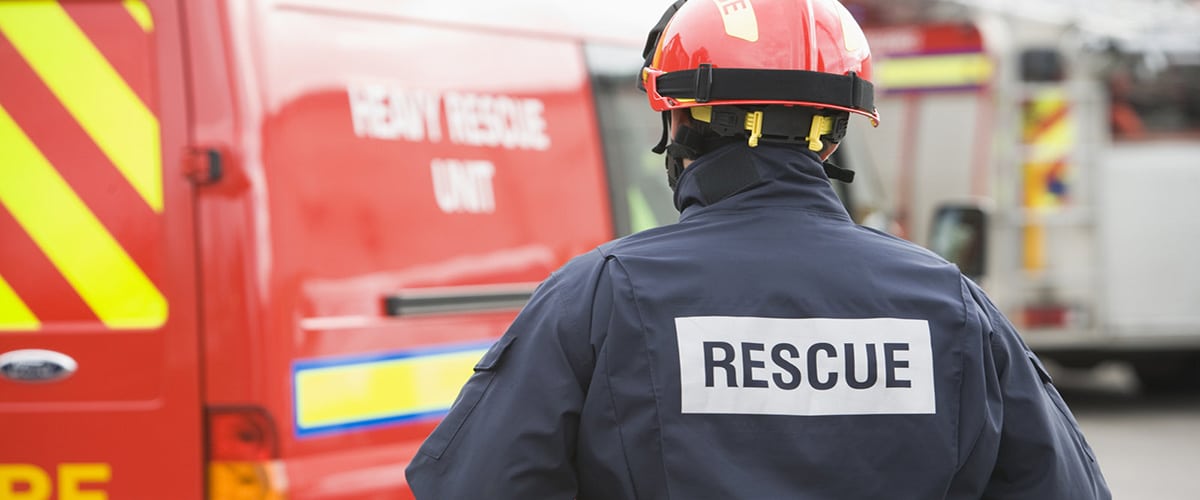
Colorado Workers’ Comp for Rescue Volunteers
A Colorado law that went into effect in early 2023, known as the Backcountry Search and Rescue Law, makes volunteer workers engaged in activities related to search and rescue efforts eligible for workers’ comp benefits to cover medical expenses and lost wages after an injury.
Search and rescue volunteer organizations in Colorado
Colorado Search and Rescue is one volunteer organization that assists lost or injured people and their families in Colorado. The volunteers are trained in search and rescue operations and have the equipment, vehicles and expertise to provide professional assistance in all conditions.
Colorado Search and Rescue was formed in the 1940s by dedicated volunteers who recognized the need for a statewide organization to coordinate search and rescue efforts in Colorado. Since then, it has grown into one of the country’s most extensive volunteer search and rescue organizations, with over 1,400 volunteers across the state who are ready to help whenever needed. In 2016 alone, Colorado Search & Rescue responded to over 400 missions.
Overall, Colorado has over 50 search and rescue teams with more than 2,800 volunteer rescuers. These volunteers donate an average of 200 to 400 hours a year, responding to more than 3,600 missions annually.
Common injuries for search and rescue volunteers
Search and rescue volunteers encounter many different environments and potential challenges during rescue missions, which can lead to a wide range of injuries. Some of the most common injuries that occur during a search and rescue mission include:
- Fractures
- Bruises
- Sprains, strains and muscle pain
- Cuts, lacerations and punctures
Colorado search and rescue members could receive workers’ compensation for injuries
Part of the 2022 law that restructures funding for Colorado search and rescue members is designed to include workers’ compensation coverage for the injuries they sustain during search and rescue missions and training.
The law moves the Colorado Search and Rescue Fund from the state’s Department of Local Affairs (DOLA) to Colorado Parks and Wildlife. This is part of a larger plan to support these 50 rescue teams.
In addition to providing coverage similar to workers’ compensation if they become injured or disabled during a mission or training, the law provides volunteer rescuers with immunity from civil lawsuits. Eventually, rescuers should have access to mental health services for post-traumatic stress disorder (PTSD) and other issues resulting from the trauma and stress they encounter during their missions.
Additionally, the law provides funding for new equipment and equipment upgrades, so volunteers no longer foot the bill for the costs of gas or gear they use while driving to remote areas to rescue lost or injured people. The law also increases funds for volunteer training and public outdoor safety education.
Understanding the Compensation Process for an Injured Worker Claim
Learn the steps you need to take to get workers’ compensation benefits after an injury in Colorado.
Impact of the Backcountry Search and Rescue Law
Volunteers are the unsung heroes of search and rescue operations, putting their own lives at risk to save others, and they deserve to be recognized for their work. This law ensures that workers’ compensation insurance covers those volunteers.
With this new law in place, those volunteers can rest easy knowing that if something happens on the job, they and their families will be protected financially.
What should Colorado search and rescue volunteers do if they’re injured?
If you’re injured while volunteering during a search and rescue mission in Colorado, you may be eligible to file a claim to receive workers’ compensation benefits. Because the rules and laws surrounding benefits for injured rescue workers are still evolving, it’s important that you contact an experienced workers’ compensation attorney who can explain your rights and ensure you don’t miss your chance at compensation.


